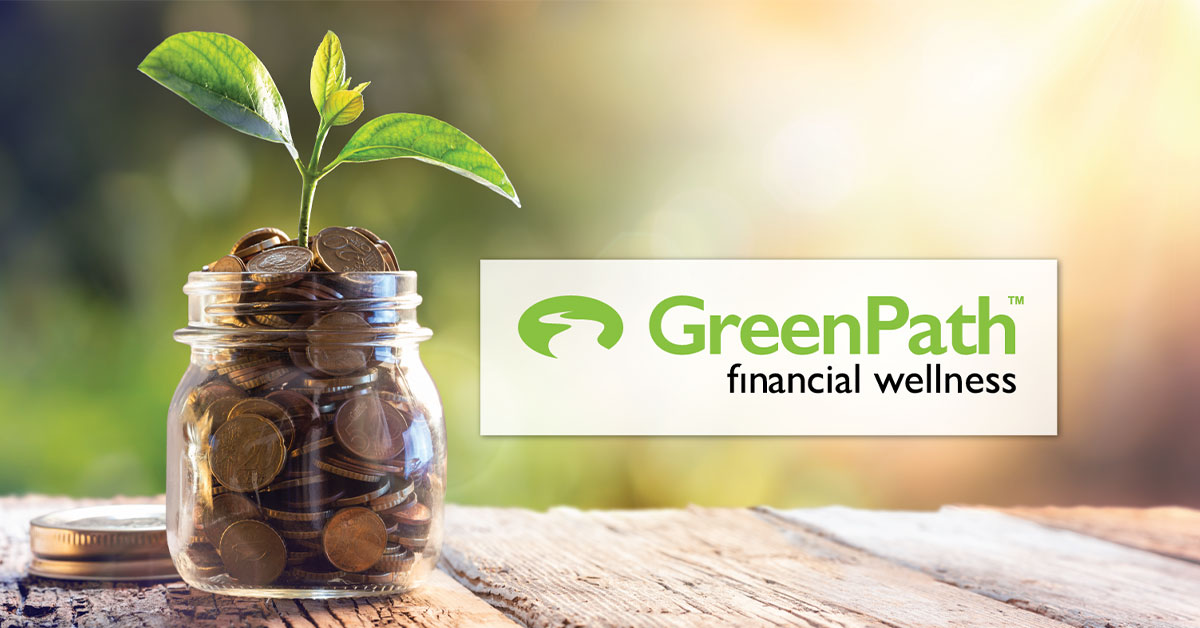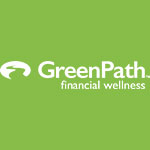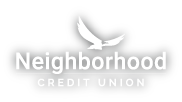5 Signs You’re on the Path to Becoming Financially Aware
Published August 26, 2021
As we celebrated National Financial Awareness Day earlier this August, we think it’s a good opportunity to remember that the way we handle our money is a key part of financial wellness.
With COVID-related mortgage, rent, student loan and other relief programs ending, being financially aware is more important now than ever. Yet being financially aware goes well beyond managing everyday bills and expenses.
To recognize National Financial Awareness Day, here are five signs that indicate you’re on the path to becoming financially aware.
You Put Your Goals in Writing
People with written goals are more likely to achieve them. It entails envisioning what you see for yourself and then using that goal as the momentum to make it a reality. Financial goals can be both short-term and long-term. A short-term goal may be that you plan to pay off debt, whereas a long-term goal may be saving up enough money to buy a house. Financially aware people make sure to revisit their goals at least once every 3-4 months and make adjustments when needed.
You Use a Budget
Many people see budgeting as a distasteful duty. And it can seem that way if you are trying to correct years of financial problems in one day. But really a budget is just a financial blueprint that shows income and expenses on a monthly basis. For the financially aware, a budget helps people make informed decisions as to where your money goes.
You Build Emergency Funds
Having an emergency fund to manage unforeseen circumstances can mean the difference between a financial disaster and a minor setback. When you’re financially aware, you plan for the unexpected. Depending upon your budget, you can determine a set amount to put into a savings account from each paycheck. Some financially aware people have their employer directly deposit part of their paycheck into a savings account. Over time, you can build a budget buffer.
You Work to Get a Handle on Debt
Debt is borrowing money you haven’t earned yet. It is a useful way to manage finances provided you have a plan to pay off your balances. When you are financially aware, you obtain low interest loans to acquire an asset or improvement - like a house, car, or student loan. You stay current with high interest credit cards that can become difficult to pay back if your financial circumstances change unexpectedly. Depending upon your situation, there may be options to get out of debt more quickly. Financially aware people might consider a debt management plan to get a handle on any outstanding debt.
You Check Your Credit History and Score
One in three Americans has never checked their credit history, according to a Bankrate study. Financially aware people keep tabs on credit history, which is used to calculate your credit scores -- those three-digit numbers that help determine whether lenders approve you for new credit and what interest rates will be offered to you. Annualcreditreport.com is a “one-stop shop” to check your reports from Experian, Equifax, & TransUnion - the three industry standard credit bureaus. The Financial Experts at GreenPath can review your credit history with you and guide you through the steps that you can take to build your credit score.
Build Your Financial Wealth
Financial awareness starts with information, and we all make the best decisions we can with the resources we have available to us. Through our partnership, we encourage you to connect with a caring, trusted and certified financial counselor to get information to build your financial awareness.
About GreenPath
GreenPath Financial Wellness is a national nonprofit organization that provides financial counseling, education and products to empower people to lead financially healthy lives. Working directly with individuals and through partnerships since 1961, GreenPath has assisted millions of people with debt and credit management, homeownership education and foreclosure prevention. Headquartered in Michigan, GreenPath, along with its affiliates, has more than 50 locations across the United States. GreenPath is a member of the National Foundation for Credit Counseling (NFCC) and is accredited by the accredited by the Council on Accreditation (COA). For more information on what individuals can do to manage finances affected by COVID-19, visit www.greenpath.org or call 877-337-3399.


This blog was contributed by our partners over at GreenPath Financial Wellness.
Who We Are
As an active part of the community for 93 years, Neighborhood Credit Union is a not-for-profit financial organization serving the state of Texas with branch locations in Collin, Dallas, Denton, Ellis, and Tarrant counties. With assets topping $1 billion, Neighborhood Credit Union has a continuously growing membership of over 60,000. For more information, call (214) 748-9393 or visit our homepage.
06/28/2021
What the Difference Between Credit Cards and Debit Cards?
04/21/2021

